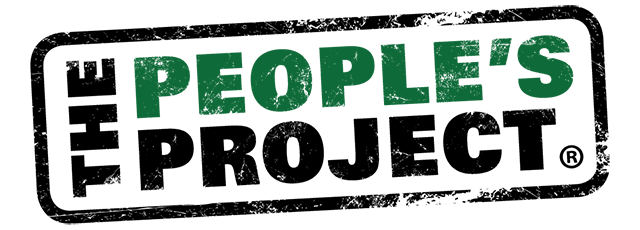The People’s Project Tauranga has used the Housing First approach to support 39 chronically homeless people into a home of their own since opening in June 2018. Housing First is a proven approach to ending chronic homelessness* backed by more than 20 years of evidence.
Tauranga service manager Simone Cuers said while it was only early days, and there was a lot more work to be done, the results were pleasing.
- Since opening its doors on 5 June 2018, 256 people had been seen by The People’s Project team.
- Fifty-three (53) of those people were long-term homeless and were now clients of The People’s Project.
- Thirty-nine (39) people had been found a home.
- Seventy-seven (77%) per cent of active clients remained in their homes (results to 31 May 2019).
Cuers said this was an important detail because housing retention is the measure of success in a Housing First programme. Internationally, evidence found that between 80 – 88 per cent of participants in Housing First programmes would remain in their homes, and never return to chronic homelessness.
One of the most challenging aspects of the work was Tauranga’s housing market.
“Finding suitable, affordable 1- and 2-bedroom properties, either on the private rental market or from community or public housing providers is an ongoing challenge. It is a very tough situation because there is very high demand for public housing in Tauranga. However, we have achieved some success in the private rental market, which has been heartening and we are very thankful to the landlords and rental agencies that are choosing to work with us,” Cuers said.
“We could house all the people we are working with today, if we had the right housing,” she added.
Moving people into their new homes was the highlight of the team’s work. Cuers said giving people the keys to their new homes was often an emotional event.
“People say things like, ‘I can chill out and just be’, ‘I didn’t think I’d enjoy it so much’ (being housed), ‘I’m looking forward to stability in my life’ and ‘I can rest now’. It’s very special and it makes what is often intensive and challenging work incredibly fulfilling.”
Cuers said it was important to acknowledge that The People’s Projects results were testament to all the organisations in Tauranga who work with vulnerable people.
“Homelessness is a really complex issue, and from the outset we said no one can solve it working alone.
“These first-year results couldn’t have been achieved without the strong partnerships we have working alongside Tauranga City Council, Ministry for Social Development, The Ministry for Housing and Urban Development, Housing New Zealand, Accessible Properties Limited, Ngati Ranginui Iwi, Downtown Tauranga, the DHB’s community mental health and drug and alcohol services, community meal providers Street Kai, Kai Aroha, Under the Stars, Tauranga Moana Men’s Night Shelter, Awhina House, Huria Marae, Tauranga Community Housing Trust, Te Tuinga Whanau, Salvation Army, St Vincent de Paul, St Peters House, Tauranga Foodbank, Good Neighbour and Western Bay Primary Health Organisation.”
Cuers said while there was a lot more work to do, for people who now have homes, life was looking better.
“Housing alone doesn’t solve everything, but it takes away a whole lot of problems and starts people on a new direction, with support, where they don’t have to worry about their basic survival anymore. It creates opportunities to think about a different future.”
*Chronic homelessness is defined by a combination and presence of a number of factors including rough sleeping/unsheltered homelessness, length of time a person has been homeless, level of vulnerability and the prevalence of multiple and complex needs (mental and physical health issues, addictions and trauma), and levels of vulnerability and risk.
Read the Bay of Plenty Times story about The People’s Project’s first year in Tauranga – please note access to the full story requires a New Zealand online subscription.




